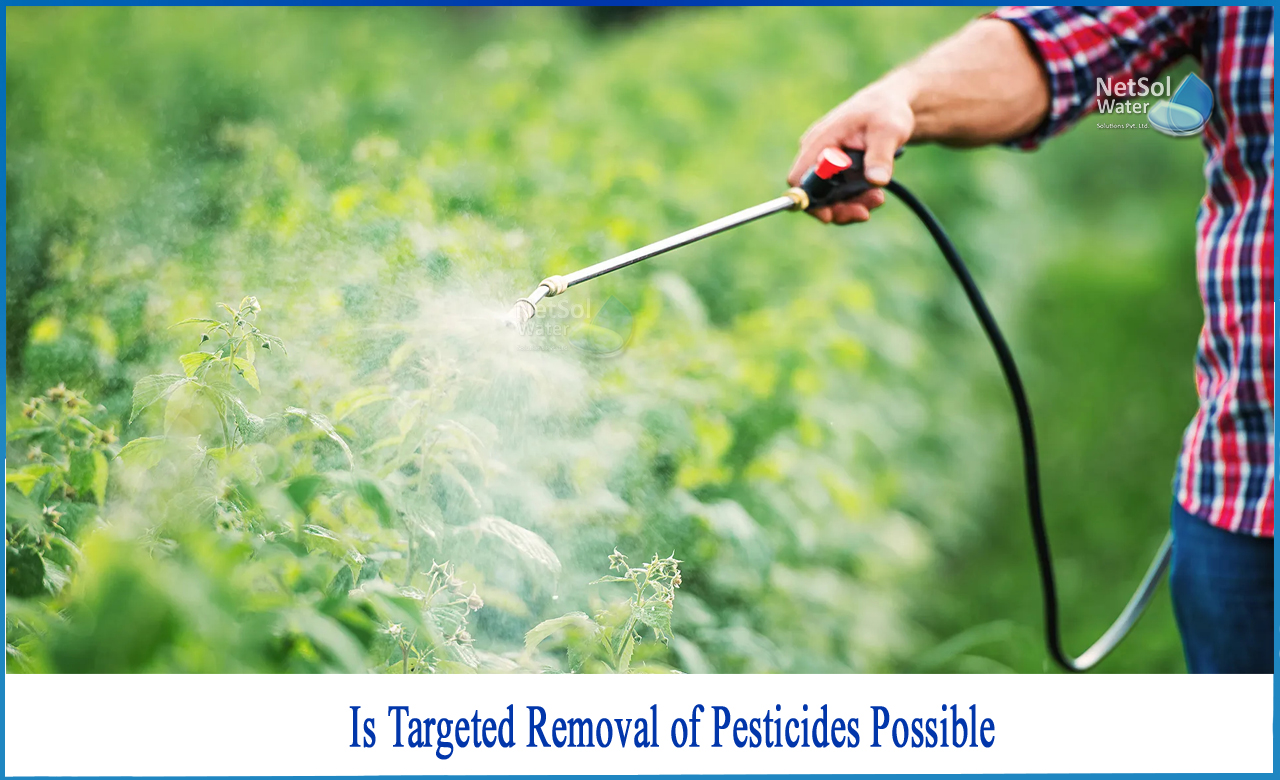What exactly are pesticides?
Pesticides are chemicals that are used to manage pests including insects, rodents, weeds, molds, and pathogens. Pesticides are available in sprays, liquids, powders, granules, baits, and foggers (total release aerosols). Because pesticides are intended to have an impact on living things, they may be detrimental to humans and the environment, particularly when used, stored, or disposed of inappropriately.
The History of Pesticides
Pesticides are chemical molecules that have been synthesized by humans and are routinely utilized (SOCs). Pesticides are meant to be poisonous - they are BIOCIDES, which are designed to kill, diminish, or repel insects, weeds, rodents, fungus, or other organisms that can endanger public health and the economy.Their mechanism of action is to target systems or enzymes in pests that are identical or extremely similar to systems or enzymes in humans, posing dangers to human health and the environment.
In agricultural regions where pesticides are used, pesticide runoff reaches surface and well water sources. Certain pesticides have been prohibited by the government due to their toxicity to humans or their bad impact on the environment. Pesticides naturally decay and break down as they perform their intended purpose. Low levels of pesticides are detected when full degradation does not occur. Pesticides have no general maximum contamination level (MCL); each chemical is evaluated individually.
Tips to reduce pesticide exposure:
- Keep pests out of your house or yard.
- Prevent pest infestations by cleaning the house, laundry pet bedding, and doing routine yard and garden upkeep to eliminate areas where bugs may reside and feed.
- Prevent pests such as rats and insects from entering your house. Examine your home for potential access points such as cracks, broken seals, holes, or other evidence of damage.
- Weeds may be controlled by enhancing the general health of your lawn or garden through soil aeration, overseeding, and mulching.
- Clear overgrown bushes, keep the grass maintained, and eliminate any things in the yard that might collect standing water. These efforts minimize the number of potential habitats for a variety of pests, including ticks and-mosquitoes.
- Consider using non-chemical pest control options.
- To decrease chemical use in your lawn and garden, try employing non-chemical management alternatives.
- Inside, use mechanical traps and flyswatters. Sticky traps may also be used to identify pests and determine the extent of an infestation.
- Choose the product that best meets your requirements.
- Only apply pesticides that are particular to the problem you are dealing with and are in their most effective form (bait, spray, etc.).
- When feasible, avoid using broadcast or whole release aerosol applications (i.e., foggers) inside. Consider using a powdered flea treatment for carpets, rugs, and crevices to treat flea infestations.
- When combining and applying insecticides, always adhere to the label guidelines.
- Only use insecticides in their original containers with the label on.
- Follow the label's instructions to the letter. Do not increase or decrease the frequency of usage, or use the product for purposes other than those listed on the label.
- Wear the protective clothes specified on the label. Protective clothes should be kept away from residential areas.
- Pesticides should be stored and disposed of correctly.
- Pet-use insecticides, as well as all other pesticides, should be kept separate from family medicines and hygiene.
- To dispose of unused insecticides and empty containers, follow the label's disposal instructions. Pesticides should never be disposed of in the sink, toilet, sewer drain, or on the ground.
- Organics, whether created (like pesticides) or natural, are best removed using activated carbon filtration. Reverse Osmosis and Ultrafiltration also removes organic compounds. Pesticides are eliminated in the range of 97 to 99 percent via reverse osmosis.
- Pesticide levels in water have increased due to their extensive usage in modern agriculture. Which water treatment method is ideal for pesticide removal is influenced by the kind of pesticide and the efficacy of the treatment operation.
- If the drinking water in your home is contaminated with pesticides, there are a variety of filtering systems that may be installed to remove the pollutants. The most cost-effective and efficient approach to purify the water in your house is to treat only the water that you want to consume.A point-of-use water treatment system is what this is.
Netsol Water is India's largest manufacturer of water treatment plants. Netsol Water offers cutting-edge technology to their clients in order to remove pesticides from their water and make it safe to drink.
Netsol Water is Greater Noida-based leading water & wastewater treatment plant manufacturer. We are industry's most demanding company based on client review and work quality. We are known as best commercial RO plant manufacturers, industrial RO plant manufacturer, sewage treatment plant manufacturer, Water Softener Plant Manufacturers and effluent treatment plant manufacturers. Apart from this 24x7 customer support is our USP. Call on +91-9650608473, or write us at enquiry@netsolwater.com for any support, inquiry or product-purchase related query.



